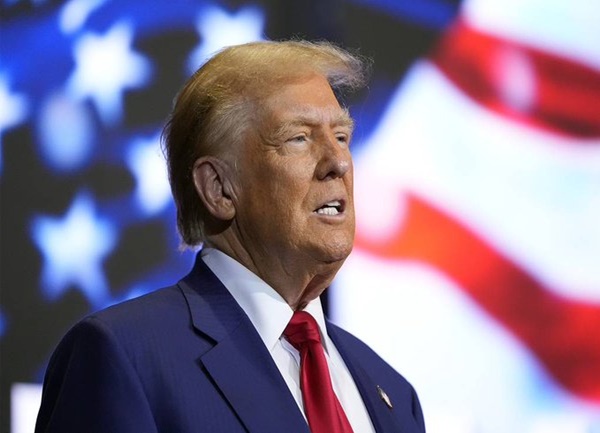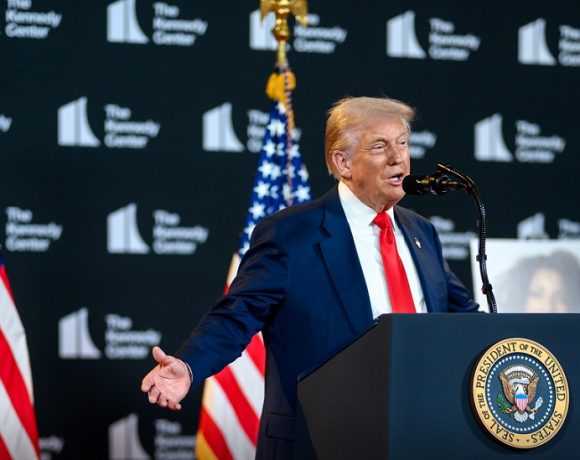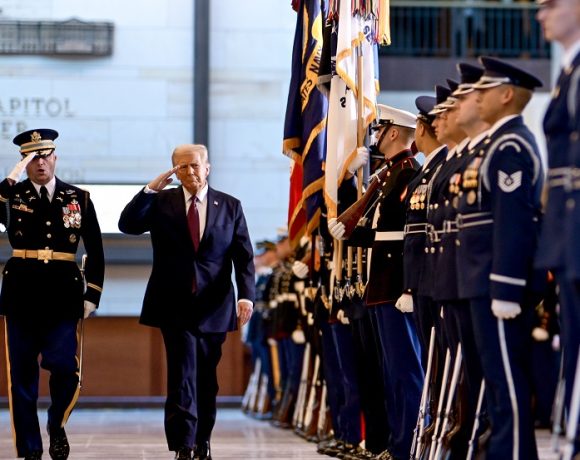
Trump Ends Most US Sanctions on Syria
President Donald Trump has signed an executive order lifting the majority of US economic sanctions on Syria, a move aimed at supporting economic recovery and restoring Syria’s international banking and trade links. This decision follows diplomatic engagements involving Syria’s interim leadership and aligns with recent policy shifts seen in other Western nations.
Sanctions Repealed, Targeted Measures Preserved
The order revokes a national emergency declaration and five prior Syria-focused sanctions orders, thereby removing broad economic barriers and allowing Syria to access global financial systems. However, sanctions targeting President Bashar al‑Assad, senior regime officials, and entities linked to chemical weapons, human rights abuses, terrorism, and Iran-aligned networks remain fully intact. Restrictions under the specific Caesar Act—imposed by the US Congress—also continue to apply.
Strategic and Economic Implications
By re-opening Syria to global commerce and investment, the US aims to offer a framework for reconstruction yet still holds strategic pressure on core regime figures. The move complements similar policy reversals by the European Union, marking a wider regional trend towards economic re-engagement with Syria under strict conditions.
What Lies Ahead
Financial institutions can now explore regulated avenues to support Syrian reconstruction. Meanwhile, key constraints—including those under the Caesar Act—and Syria’s designation as a state sponsor of terrorism remain in place and require congressional action for repeal. Broader diplomatic normalization, possibly including recognition and foreign aid channelled through an interim administration, may develop in the months ahead.


















